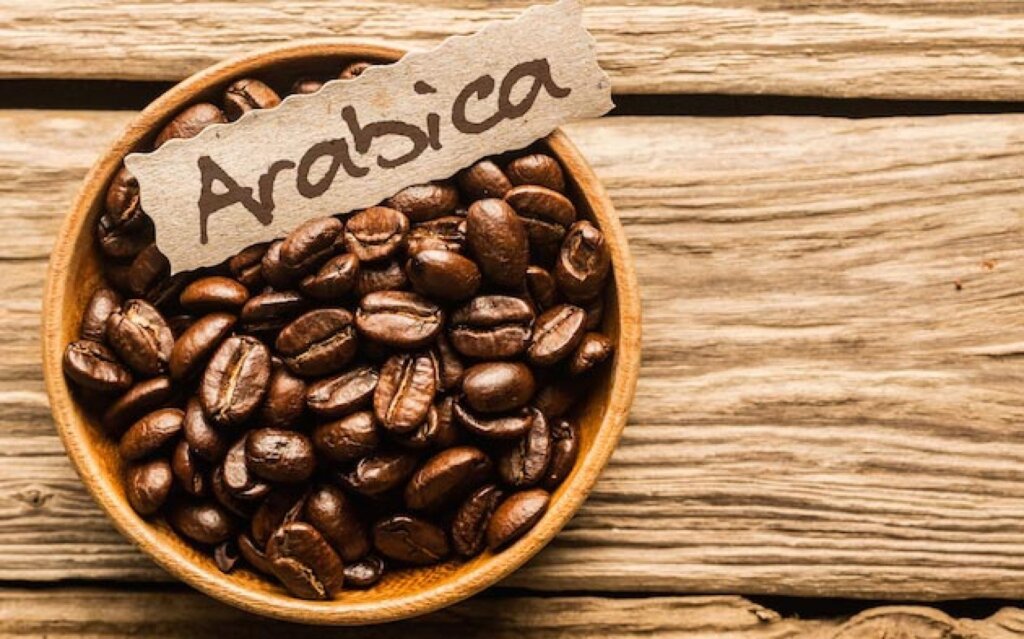
My friends who hear that I am interested in coffee, that I am writing my dissertation on coffee, or that I like to drink coffee, sometimes ask, “Which coffee should we drink?” or “How to drink?”they’re asking. “Everyone drinks very high-quality coffee, of course, they don’t have to make this a serious area of interest, but there are some important points.” I say.
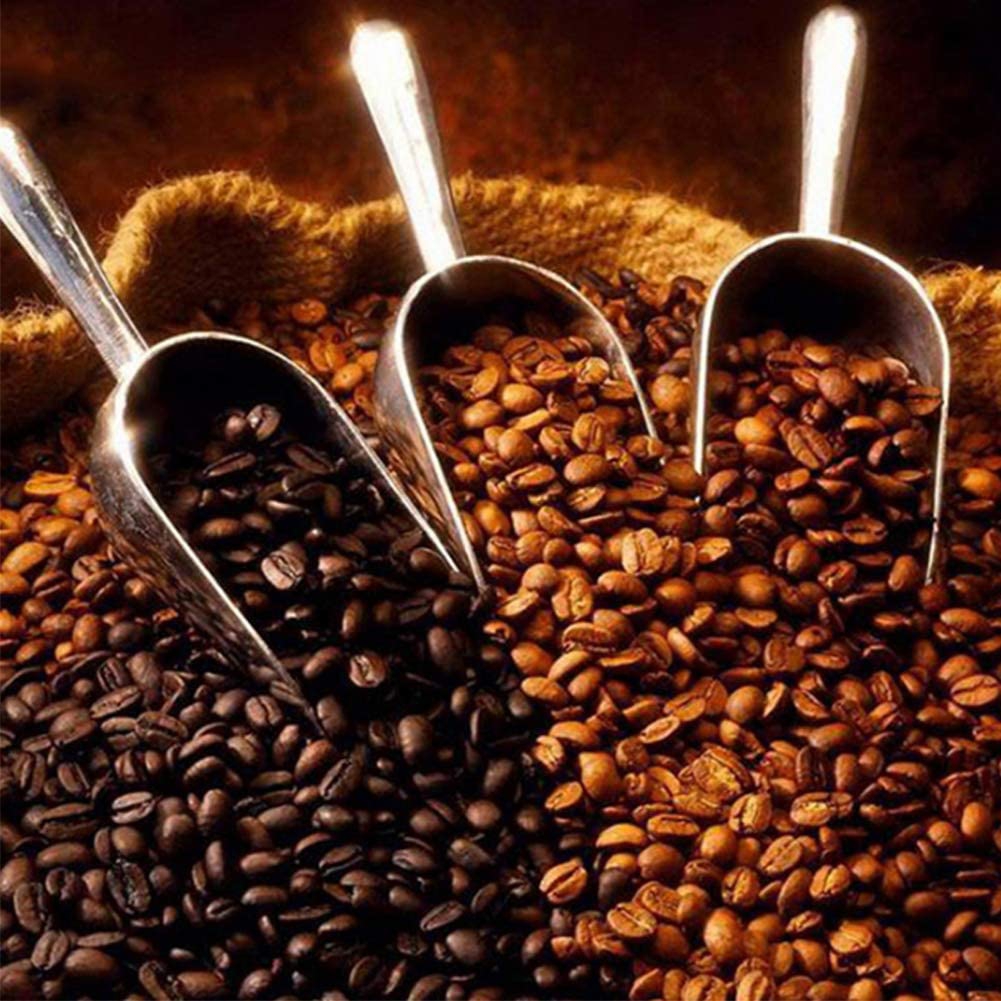
For example, the 100% Arabica expression that appears at the beginning of many coffee packages is one of them. “100% Arabica” actually refers to some characteristics of coffee related to its type and quality. In this article I will tell you about the meaning of this expression, how it is used and what it really means.
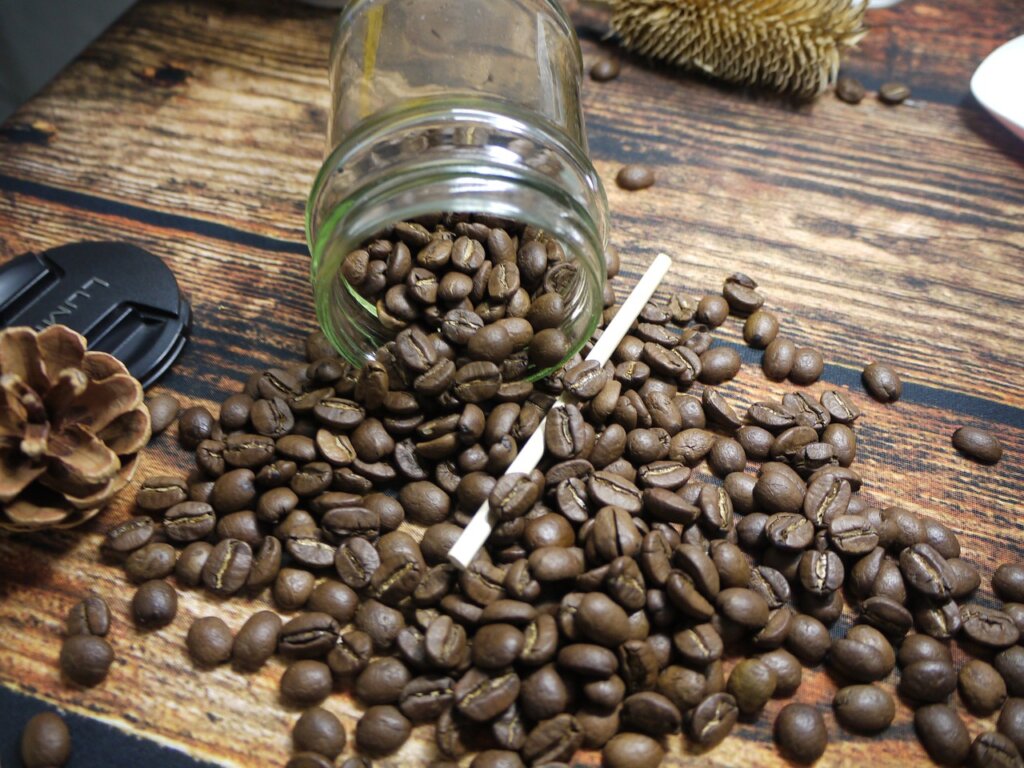
In core coffees, there are a number of criteria that characterize the quality or taste of coffee. These criteria have been determined by testing and testing by qualified coffee institutions, which we can also consider as the professional chamber of the coffee business.
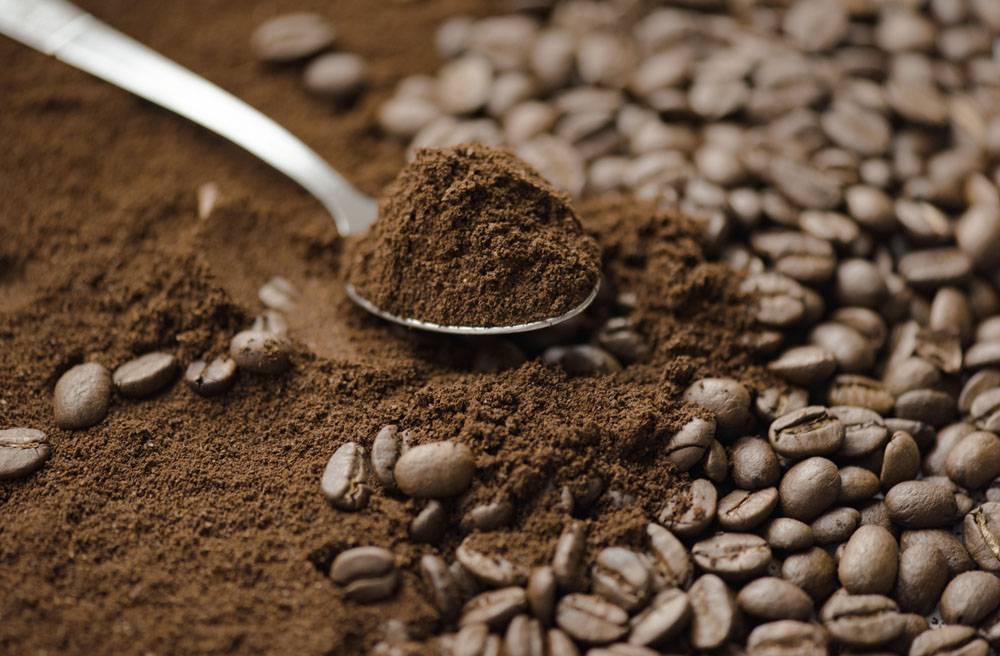
Classifications related to the type and varieties of coffee, Arabica or Robusta coffee, widely used in the market, qualities that provide information about the quality and taste of coffee. First, let’s look at what “Arabica” and “Robusta” are:
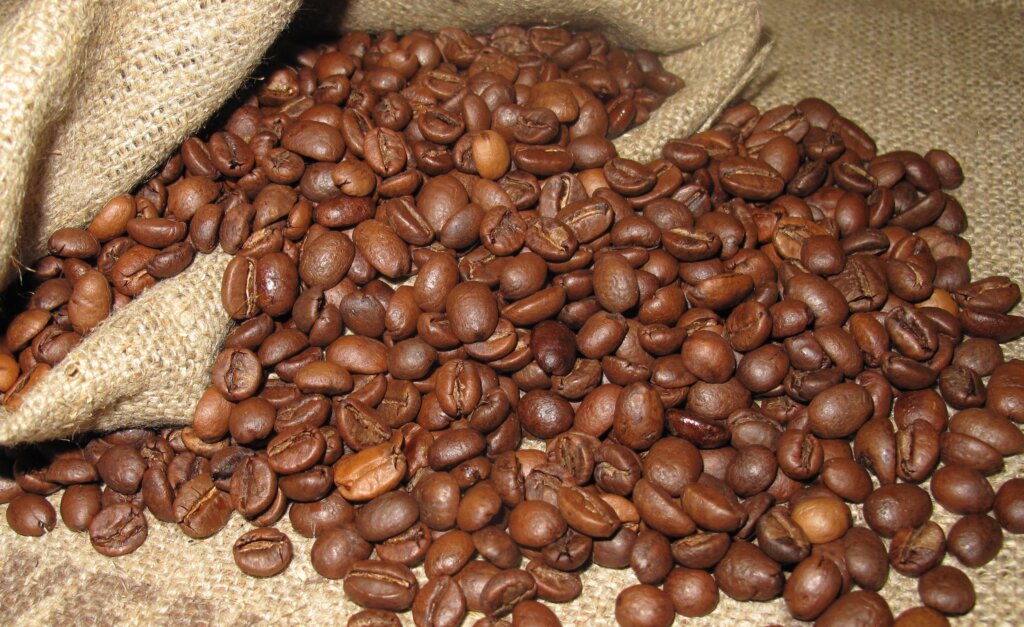
Coffee is a type of plant that grows on a tree, before the situation in which we see it as a bean or a drink in a cup. This tree on which coffee grows is called coffea. This tree gives a nut that looks like the red fruits we know. The photo that comes to mind when we say coffee is the part of this nut that has a kernel and is then roasted.
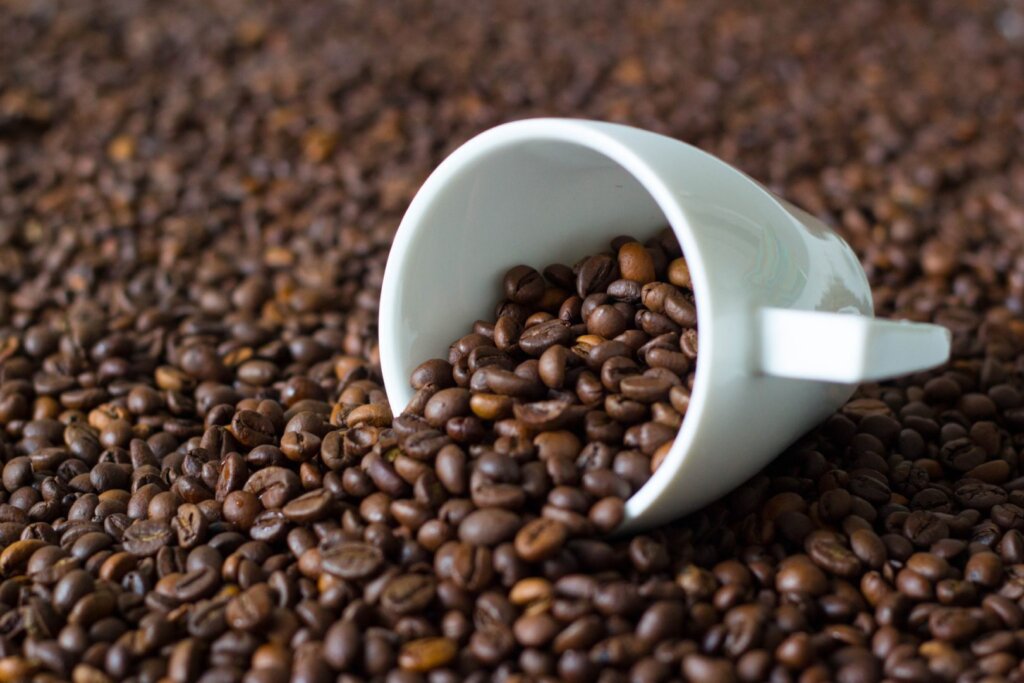
According to studies of coffee genetics, there are many types of coffee. In recent years, it has been determined that there are 124 different types of coffee trees. The coffea plant can grow in Madagascar, Africa and Asia or Australia. However, among them, two species called Coffea Arabica and Coffea Canephora, namely Arabica and Robusta coffees, are grown Decently for commercial purposes. These types of coffee and their uses actually tell us a story about Sunday coffee and the commercialization of coffee.
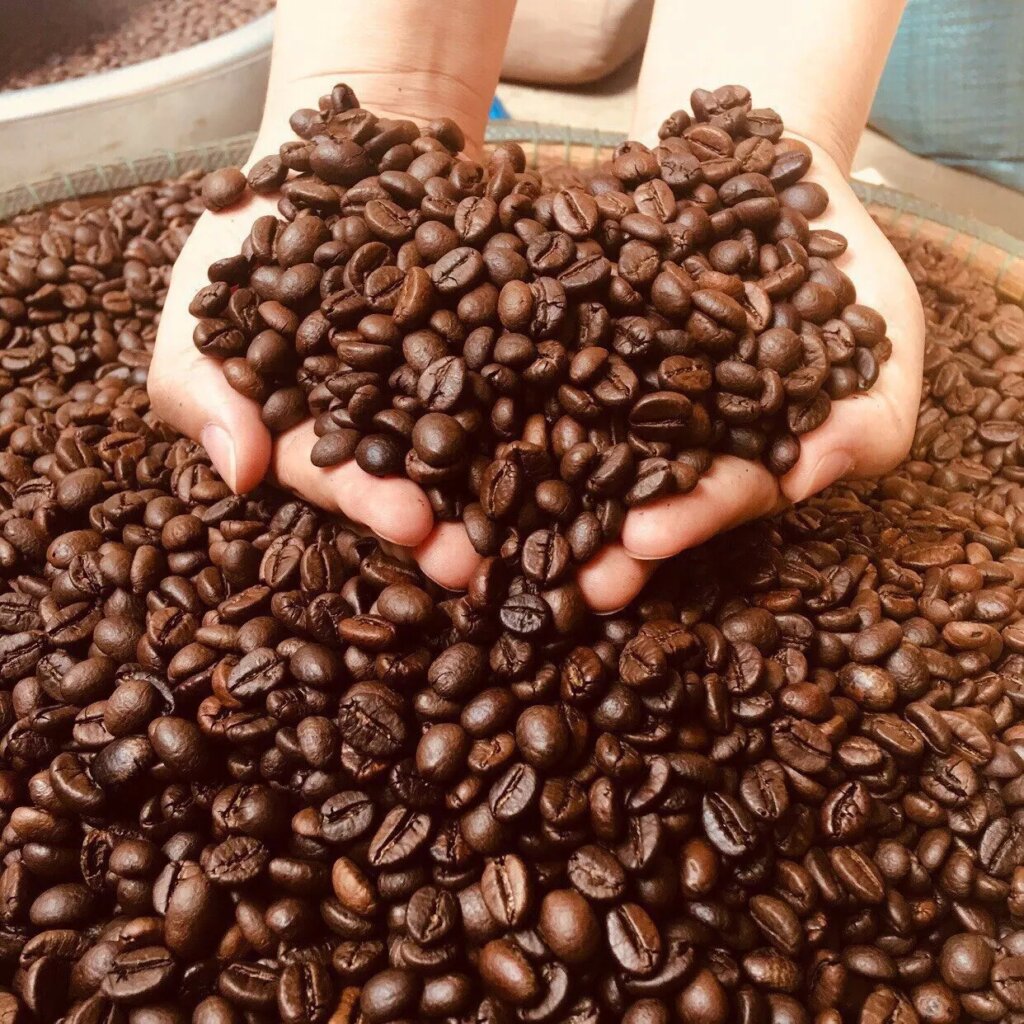
Arabica is a type of coffee grown between Capricorn and Cancer, its origin is based Decently on Ethiopia and South Sudan. Robusta, on the other hand, is located in West Africa and a brand gives its own name to species such as Robusta (Hoffman, 2014). These species are then spreading to various parts of the world.
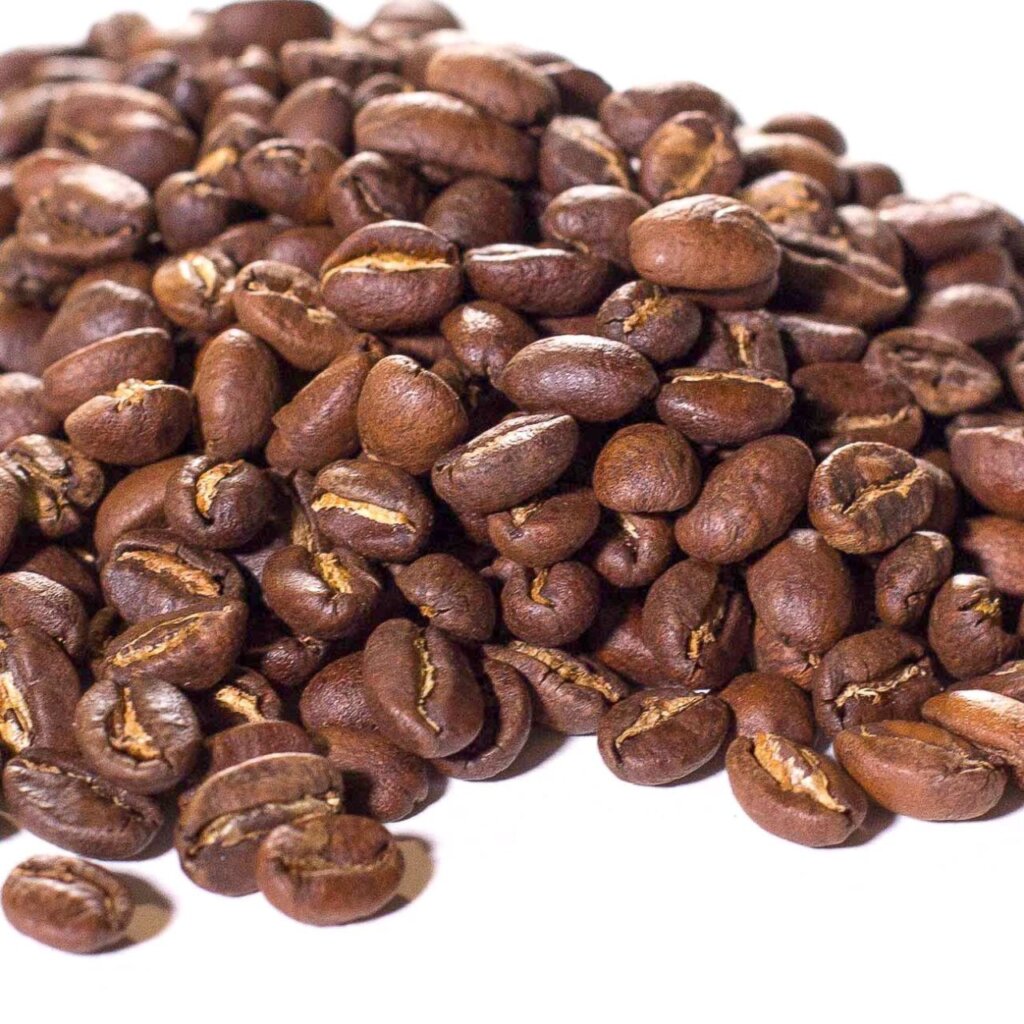
These two types of coffee meet 99% of the total coffee production. However, it is also known that species such as Liberica or Excelsa are used for local consumption in some regions (Moldvaer, 2014). Liberica coffee was also tried on Sunday in the same way, but although these attempts ended in failure, this coffee did not gain popularity.
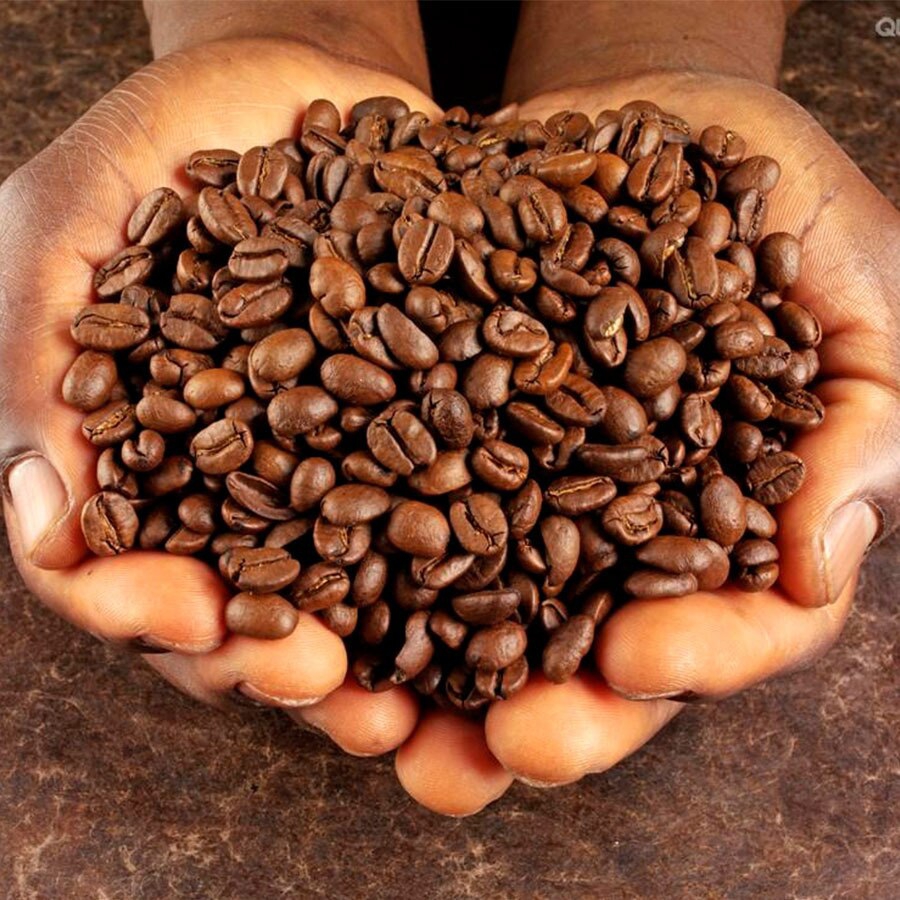
Arabica and Robusta species can differ in their taste, content, height at which they grow and durability. Consider how mountain strawberries taste better than regular strawberries, just as fruits grown at different altitudes and climates have different flavors, Decently there may be such differences between types of coffee.
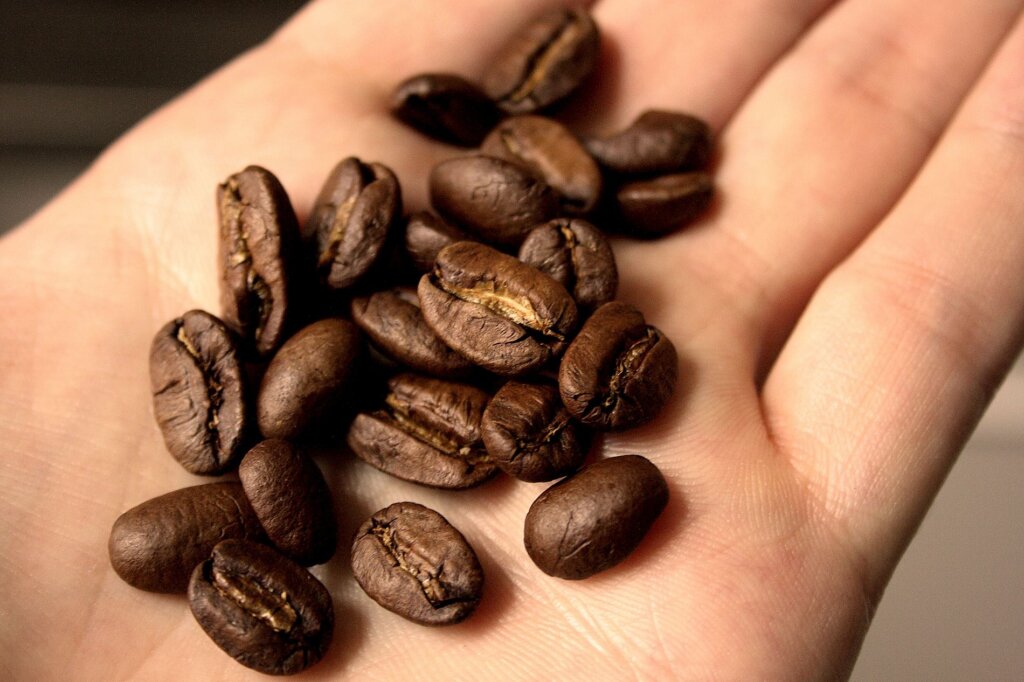
Robusta species, which can grow at various altitudes from sea level to about 900 meters, can also grow at lower altitudes and in warmer climatic conditions. The harvest of Robusta, which bears little but a lot of fruit, is earlier than that of Arabica. (Pendergrast, 2010).
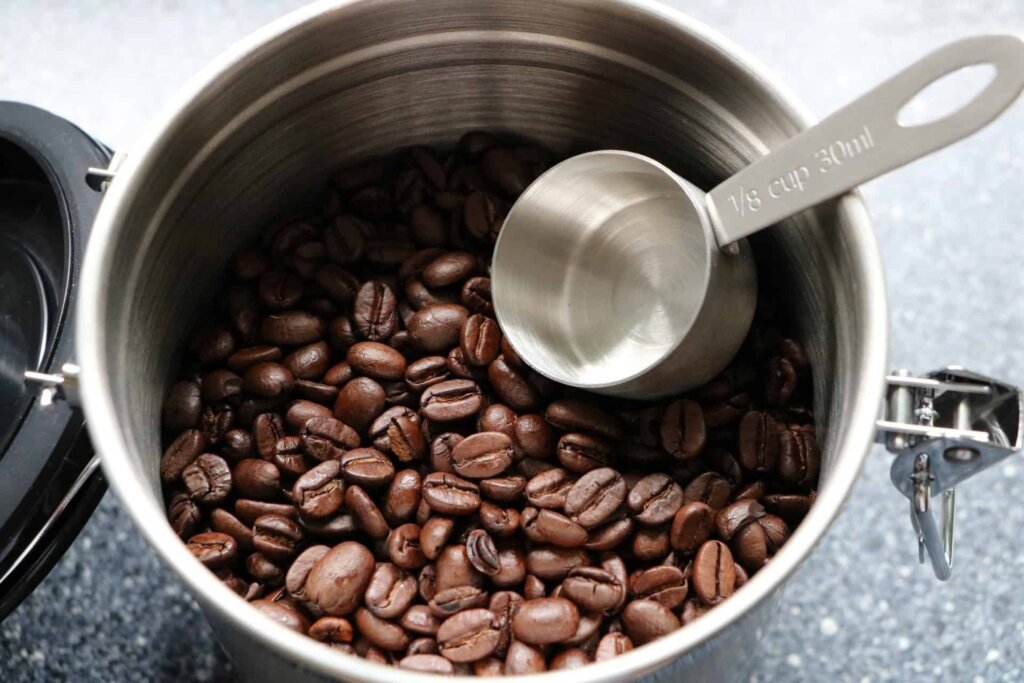
Despite all these advantages of cultivation, Robusta coffee does not have a good taste in the glass, it contains a lot of undesirable, bad aftertaste that will come to the mouth. But the caffeine content is higher. For these reasons, Robusta is the choice of companies that produce water-soluble coffee. A coffee with a high caffeine content and relatively easy growing conditions will cost inexpensively without being subjected to high quality standards.
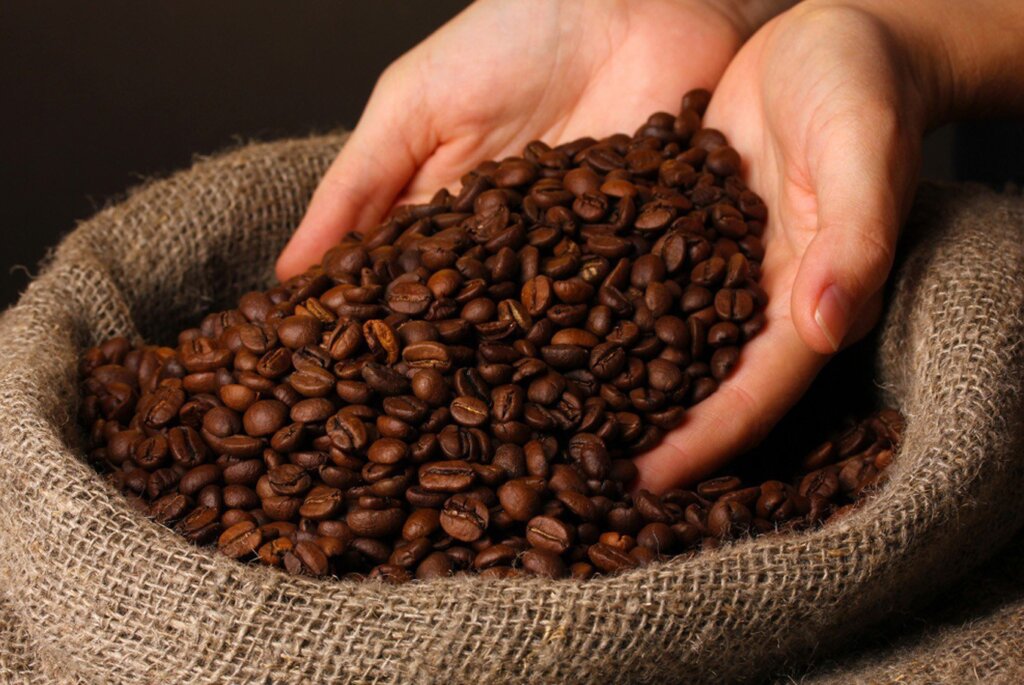
The Arabica species, which grows higher than robusta, is more resistant to diseases and requires more effort to produce, is seen at a much better point in terms of its taste and the taste it leaves in the mouth.
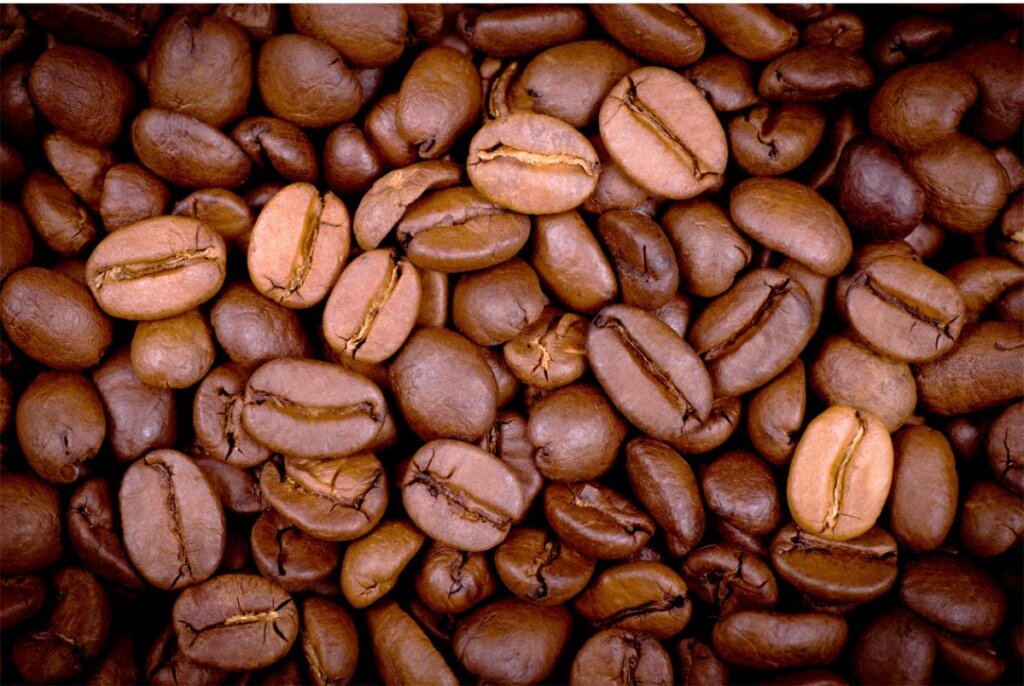
In fact, there are also subspecies of Robusta and Arabica. Although some people in the coffee business claim that a well-grown Robusta bean can give good flavors, Robusta is used in the coffee Sunday as a cheap alternative to Arabica. Likewise, there are many varieties of Arabica beans that differ in quality. In addition, the region where the coffee is grown also gives that coffee a unique taste of the place.
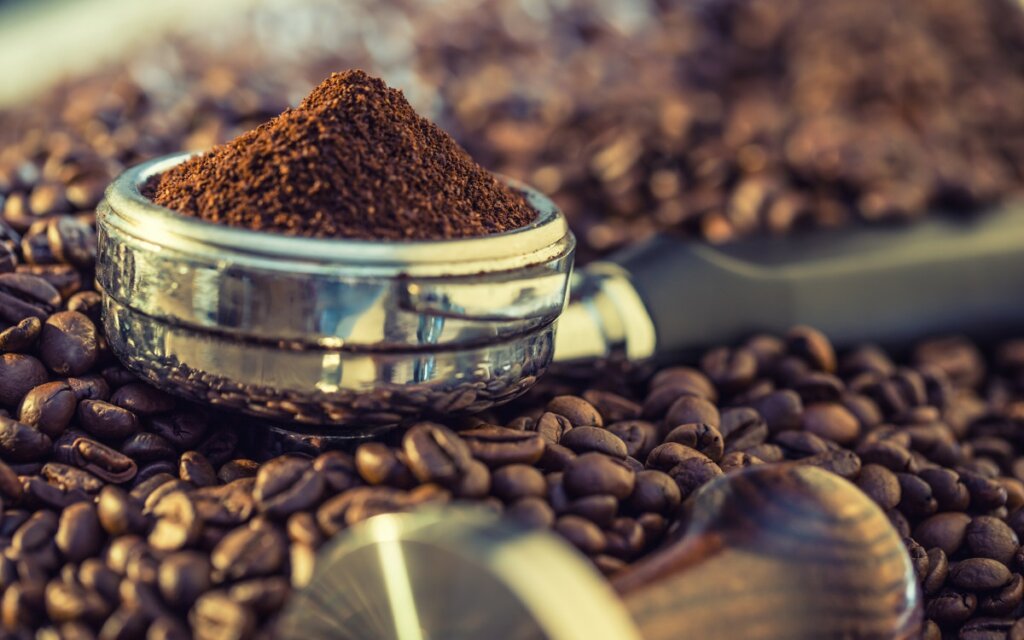
Returning to our first question, a 100% Arabica statement on a coffee package does not indicate that you really drink good coffee. This is actually one of the criteria that a coffee brand should provide to the consumer at the simplest level. Industrialized coffees of world brands, which have many branches and are therefore easier to find and reach, can use the phrase 100% Arabica on their packages.
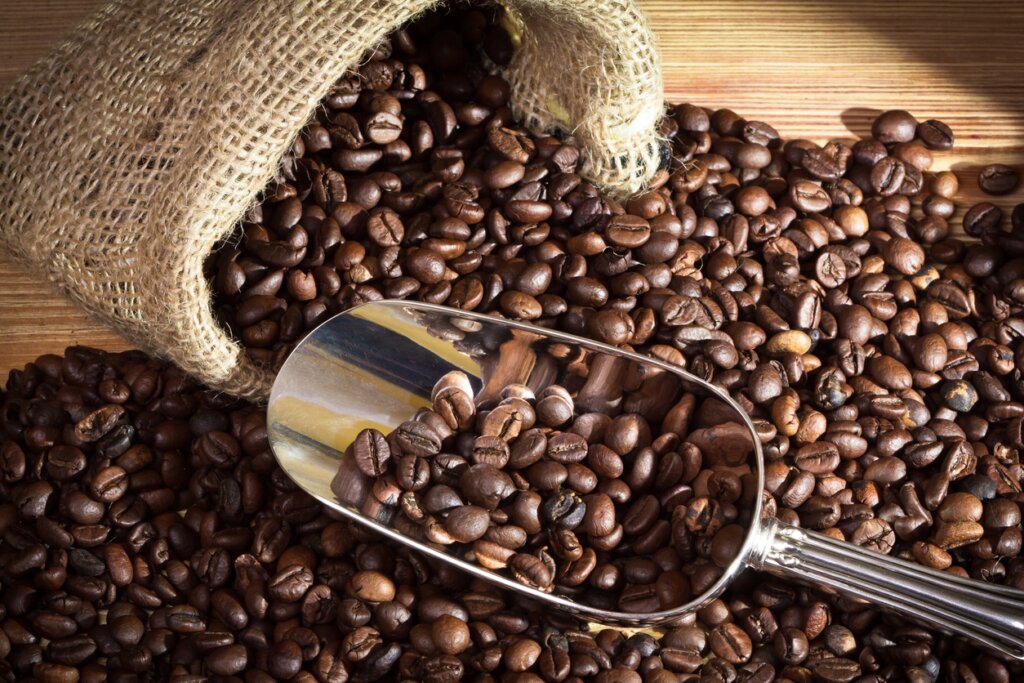
At this point, we can liken it to the fact that fast food brands or packaged junk foods market themselves with features such as “fresh”, “natural”, “healthy”. A fast food brand may call the meat it uses for its hamburger natural, but depending on where the meat comes from, how it is processed, under what conditions the meat is cooked and how it is prepared, many processes also affect the naturalness, taste and health of that meat.
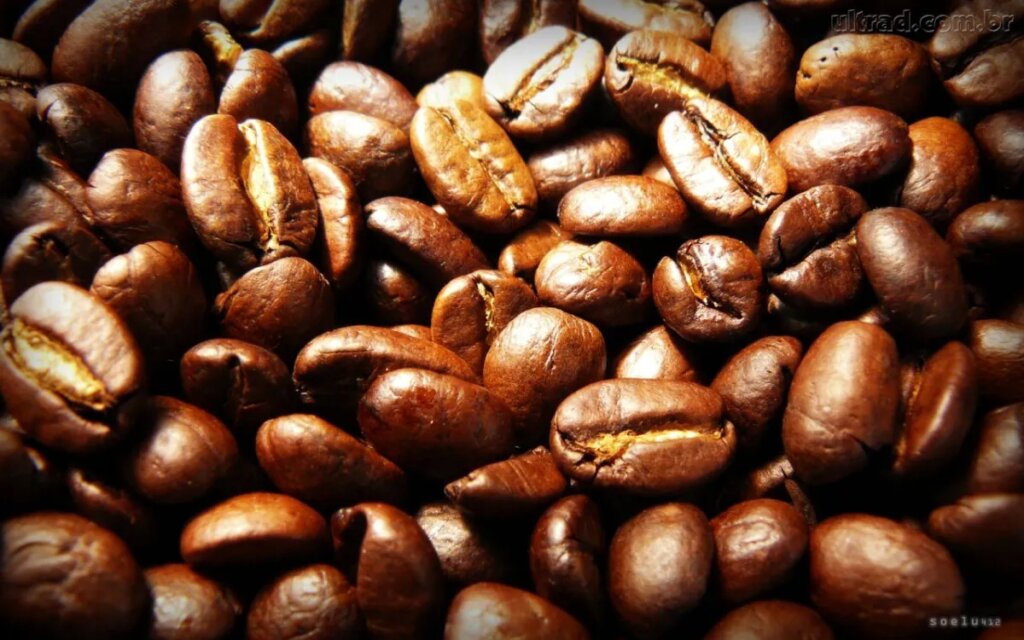
In addition to the type of coffee, the collection and processing processes, how it is roasted, under what conditions it is stored and how it is served also affect the October quality, freshness and taste of the coffee we drink.
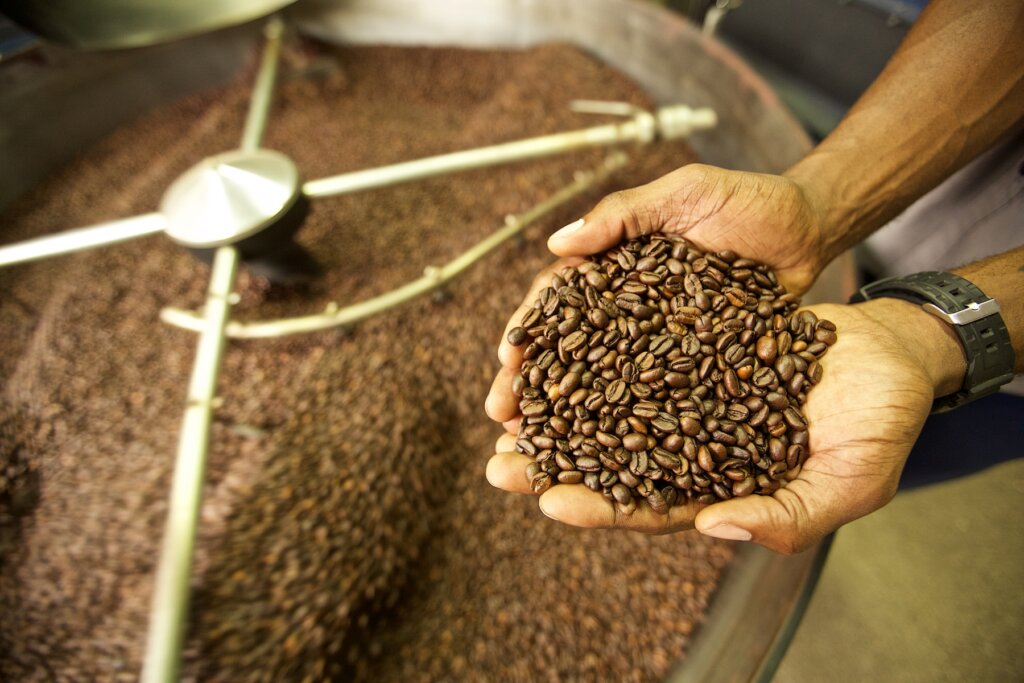
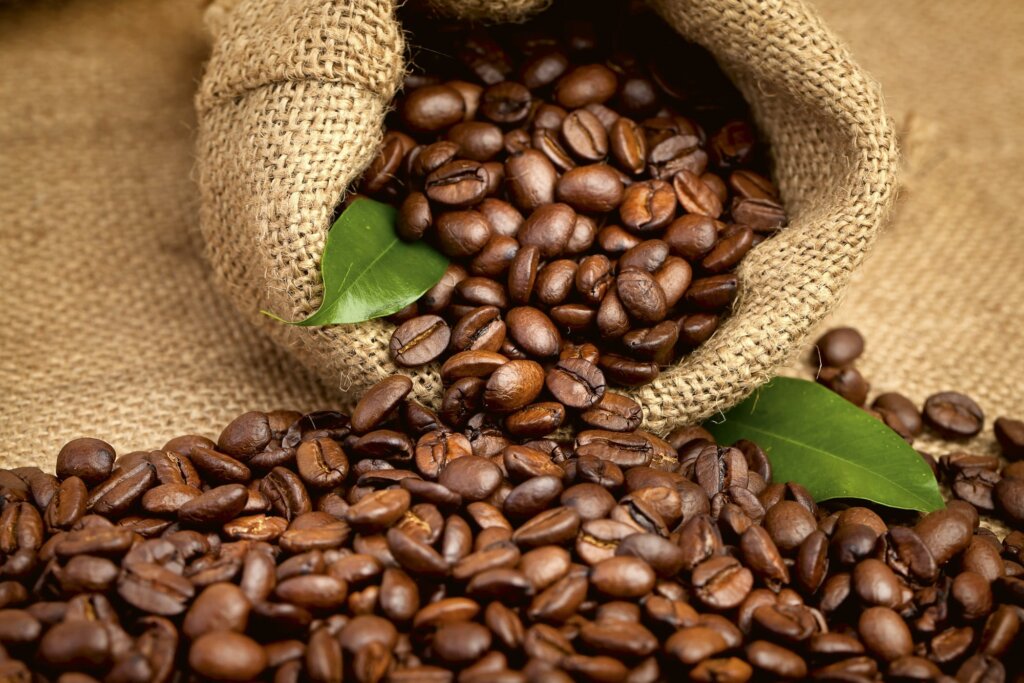
0 Comments